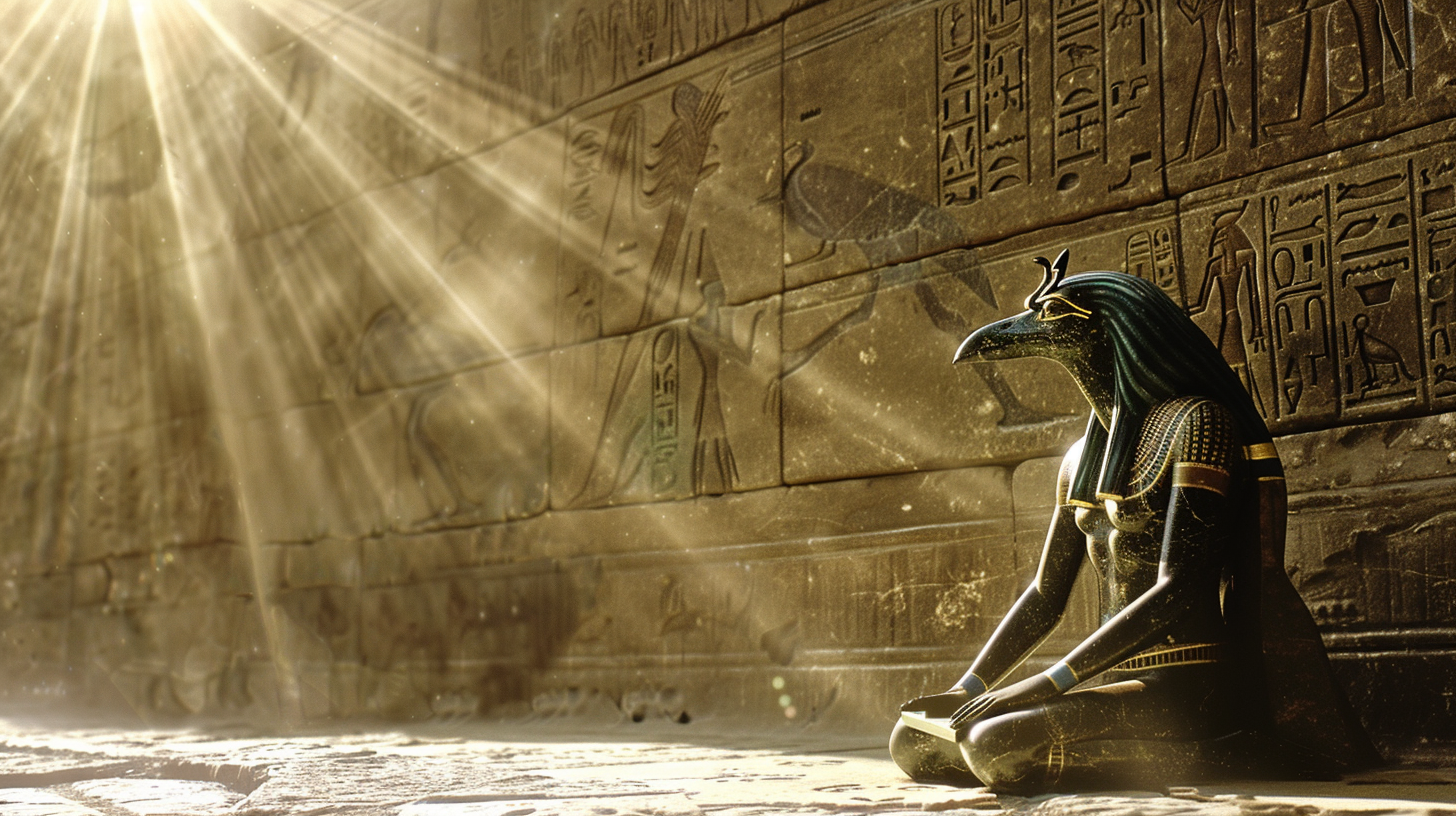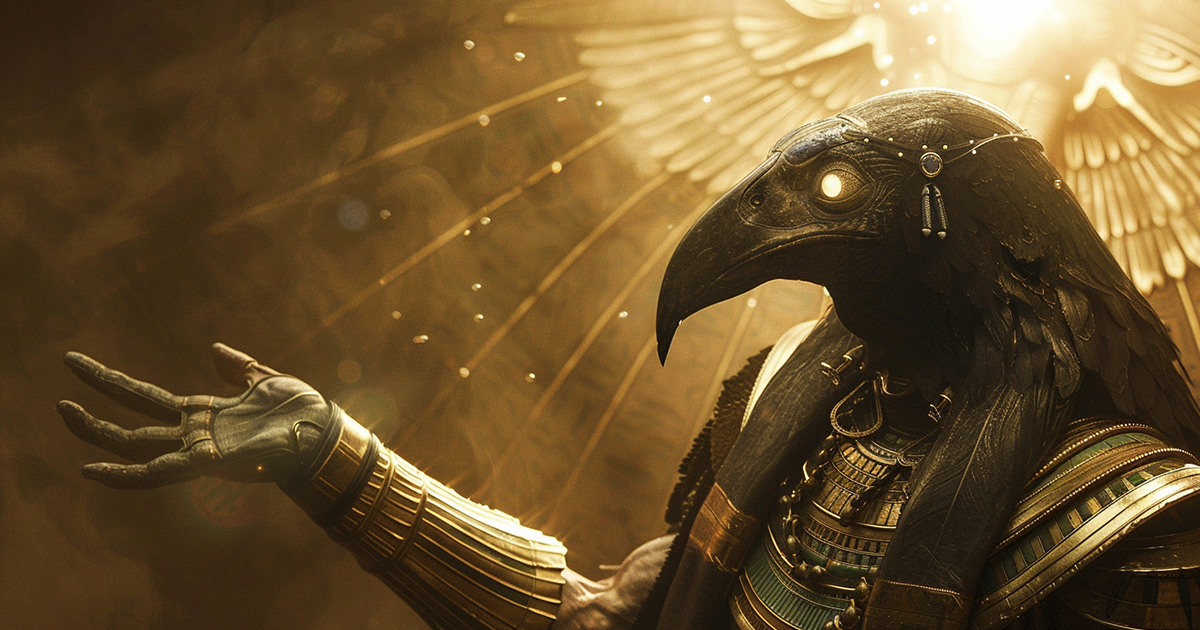Within the tapestry of ancient Egyptian deities, one figure stands out prominently – Thoth, the god of wisdom, writing, and magic. In Egyptian lore, Thoth is portrayed as a pivotal figure who shaped the course of human history by bestowing knowledge and wisdom upon humanity. However, the enigmatic parallels between Thoth’s legend and contemporary musings on extraterrestrial encounters have ignited contemplation on the deity’s enigmatic origins and impact. Let us delve into the mystique surrounding Thoth’s narrative and unearth the intriguing ties it might possess with the notion of cosmic intervention in antiquity.
Known as Djehuty in ancient Egyptian hieroglyphs, Thoth is often depicted as an ibis-headed man or a baboon, symbols of wisdom and lunar influences. Credited with numerous achievements such as inventing writing, establishing laws, and devising the calendar, Thoth is venerated as the celestial chronicler, tasked with recording the actions of both gods and mortals.
One interpretation of Thoth’s legend proposes that he could have been an extraterrestrial entity who descended upon Earth eons ago, bestowing advanced knowledge and technologies upon humanity. Advocates of this concept cite Thoth’s pivotal role in kickstarting human progress as evidence of his extraterrestrial lineage. They posit that the profundity of Thoth’s teachings, spanning from written language to mathematical principles, surpasses mere human capabilities.

Furthermore, Thoth’s saga mirrors contemporary accounts of extraterrestrial encounters and interventions. Narratives of celestial beings descending from the cosmos to bestow enlightenment upon humanity permeate global cultures, insinuating a shared theme of extraterrestrial influence in ancient mythos. Some theorists speculate that these ancient fables might be rooted in factual interactions with advanced entities from distant realms, positing Thoth as one such example.
Nevertheless, skeptics present alternate interpretations of Thoth’s legend, cautioning against attributing divine or cosmic origins to the deity. They contend that Thoth’s narrative could symbolize human endeavors for knowledge and wisdom, carrying metaphorical weight rather than literal truth. Absent concrete proof of extraterrestrial visitations in ancient Egypt, the essence of Thoth’s impact persists as a subject of speculation.
Another viewpoint on Thoth’s legend proposes that he might have been a historical figure or legendary hero, whose exploits and teachings evolved into myth over time. Within the intricate tapestry of ancient Egyptian spirituality, rich in symbolism and allegory, it is plausible that Thoth’s persona as a sagacious and altruistic deity was embellished within religious narratives and imagery.
In conclusion, the saga of Thoth stands as an enduring enigma that spurs contemplation on the genesis of human wisdom and society. Whether perceived as a celestial chronicler, a benevolent god, or an otherworldly emissary, Thoth’s legacy endures as an emblem of erudition and illumination in Egyptian mythology. Regardless of his true essence, the tale of Thoth serves as a testament to humanity’s ceaseless pursuit of knowledge and enlightenment through the epochs.
